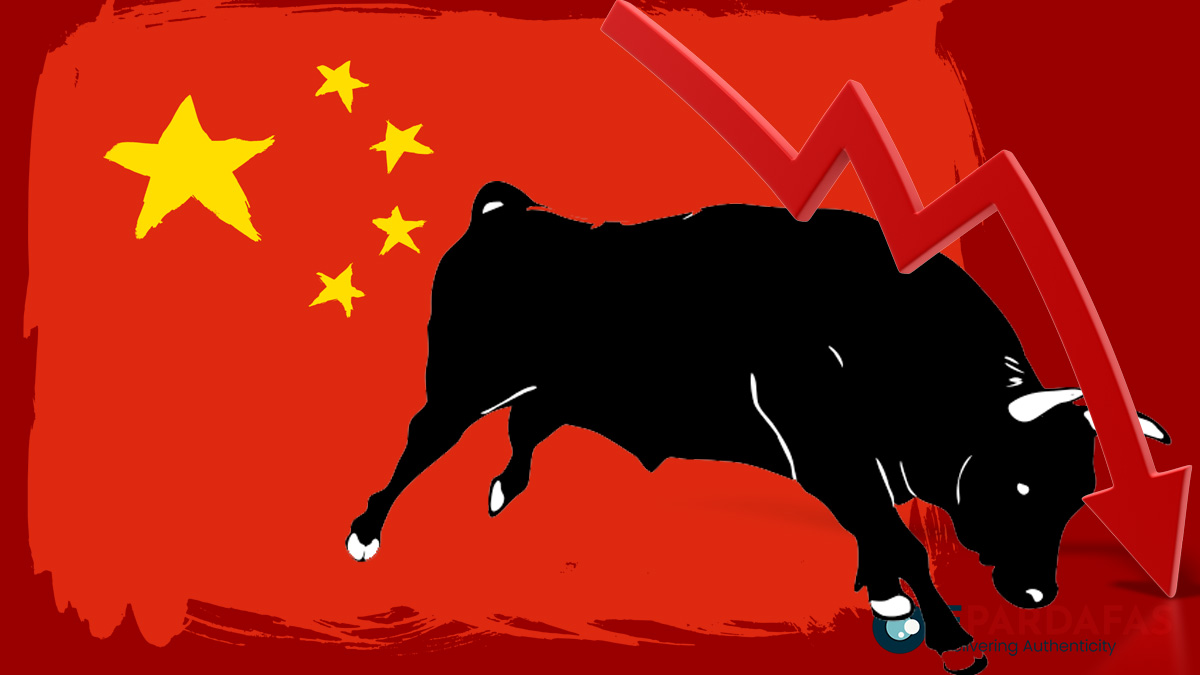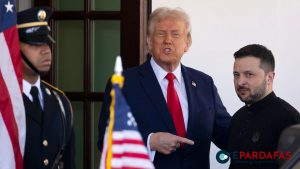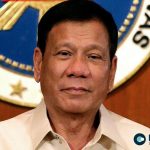China’s National Security Bureau (NSB) issued a stern warning against market “bears,” individuals or entities seen as perpetually pessimistic about China’s financial institutions, aiming to undermine international confidence in investing in the country. The NSB released an article on its official WeChat account on November 2, condemning these “criminal activities” and pledging strict legal measures to deal with those endangering the state’s financial stability.
The NSB’s statement accused certain countries of using finance as a geopolitical tool to impose sanctions on China. It specifically targeted “bearish forecasters, short sellers, market skeptics, and market manipulators,” accusing them of attempting to provoke financial turmoil and erode confidence in China’s investment environment.
This warning came amid a challenging economic situation in mainland China, where all four economic pillars—stocks, bonds, foreign exchange, and real estate—simultaneously experienced a decline at the end of October. The NSB emphasized the need for national security authorities to prioritize preventing and resolving financial risks, calling for the crackdown on illegal and criminal activities in the financial sector that could jeopardize national security.
Former CCP Advisor Questions NSB’s Logic
The NSB’s statement stirred controversy, with Lew Mon-hung, also known as the “Godfather of Futures” and a former Hong Kong delegate of the Chinese People’s Political Consultative Conference (CPPCC), expressing concerns about its logic. Mr. Lew questioned the NSB’s role in attempting to “save the market by violent means” and criticized its stance against those engaging in legal financial activities.
He argued that even during World War II, similar practices were not observed in fascist-occupied countries like Germany and Japan. Mr. Lew pointed out that private entrepreneurs’ withdrawal of investment was a result of far-left rhetoric, causing a downward spiral in the market. He emphasized that market fluctuations are natural, and actions like going long or shorting based on data are legal and essential components of economic principles.
Downward Market Trend Linked to Extreme Left Ideology
Mr. Lew attributed the recent market downturn to extreme leftist ideas advocating the elimination of private property, the exit of private enterprises, and co-management and sharing of private enterprise employees. He highlighted the negative impact of policies that freeze the assets of private enterprises and stressed the need to correct arbitrary practices affecting private enterprises.
The former CCP advisor called for establishing a market economy based on the rule of law and criticized the NSB’s statement for not aligning with economic principles and laws of science.
CCP’s Priority Shifts to Financial Risk Management
Following the pandemic, China has faced economic and financial risks, prompting the leadership to prioritize financial risk management. In a recent visit, CCP leader Xi Jinping inspected the Central Bank of China and the State Administration of Foreign Exchange, emphasizing risk prevention and control as the eternal theme of financial work.
Governor of the Central Bank of China, Pan Gongsheng, highlighted the need to improve market-oriented, legal, and normalized disposal mechanisms to address financial risks in a stable and orderly manner. Analysts interpret these developments as a shift in focus from preventing to managing financial risks that have already occurred.
At the Central Financial Work Conference, Xi reiterated the importance of centralized and unified leadership in financial work, emphasizing strict legal supervision of all financial activities. The NSB’s warning aligns with this broader strategy, reflecting the government’s commitment to maintaining financial stability amid economic challenges.















Comments